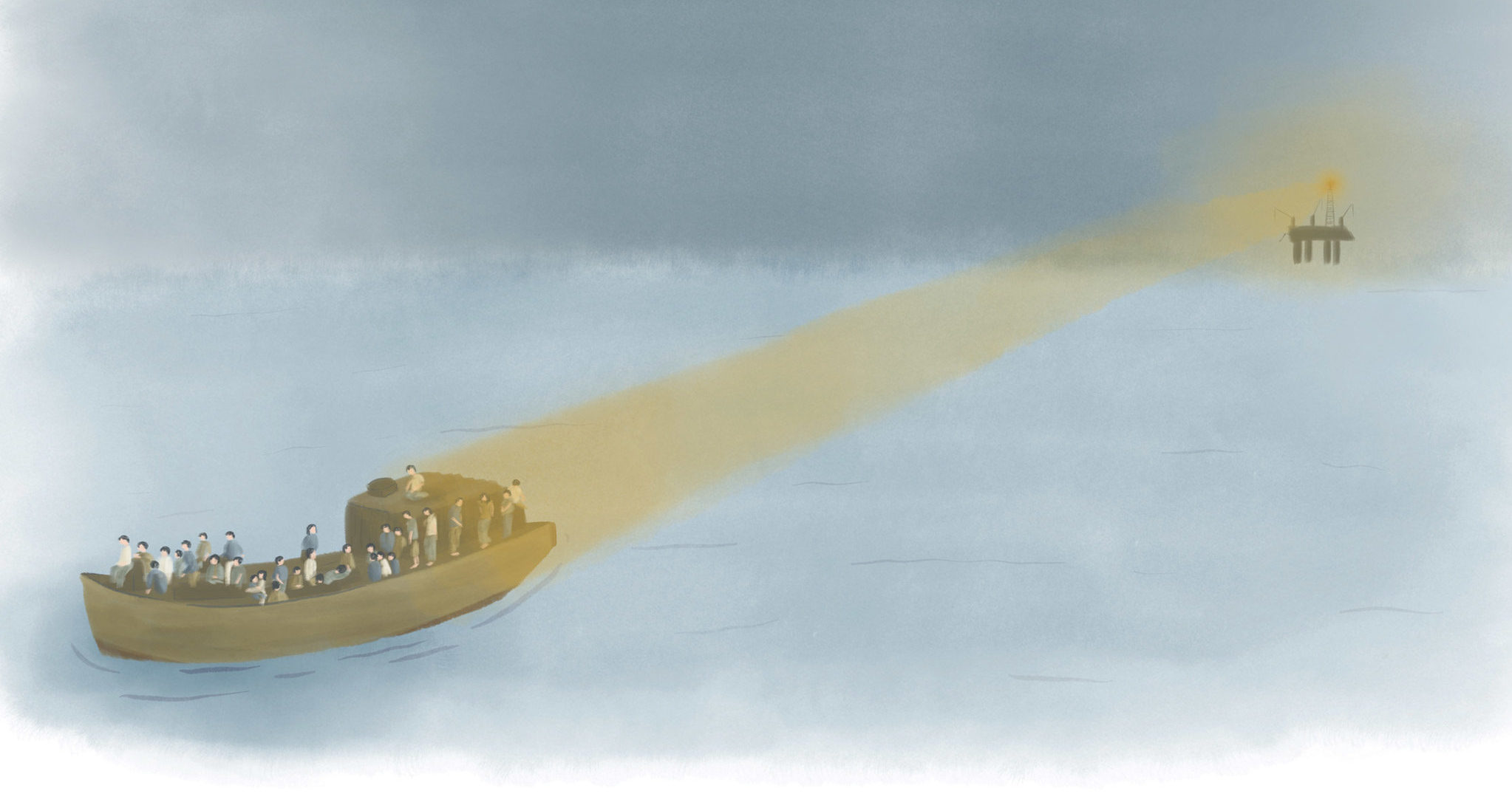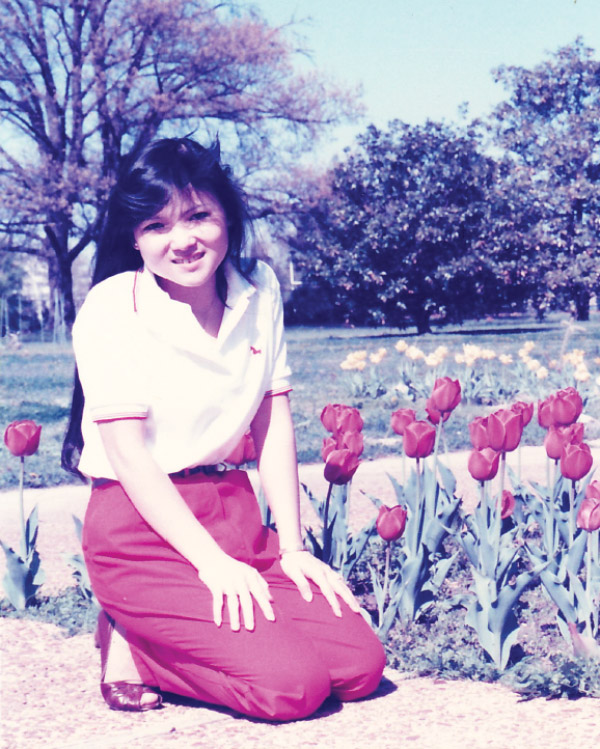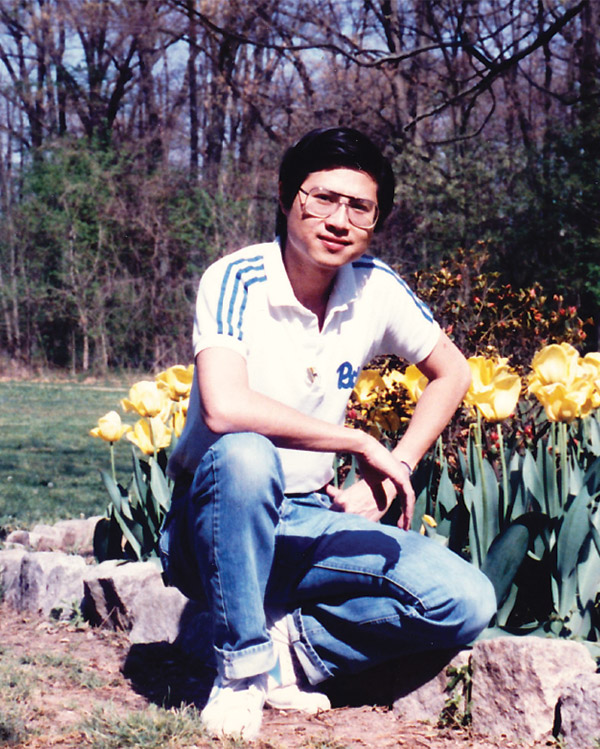By Peggy Reisser
Illustrations by Elisa Razak
He’d tried before—several times—and failed. Minh Thai crouched on the 39-foot Vietnamese fishing boat with 51 other people, knowing there could be no turning back. Death awaited if he returned. But setting off into the night with no food, no water and no map was worth the gamble.
For five days, Thai and his fellow escapees drifted under the heat of the sun and night stars until a light on the horizon in the night signaled the possibility of danger, death or salvation.
On the sixth day, the boat reached the light that turned out to be an oil drilling rig in the ocean. Thai, then 23 and now 61, remembers the kindness of strangers with specificity all these years later.
“They gave us some oranges, a big box, and they showed us the way to the refugee camp,” he says. Another day on the water, and the boat made its way to Indonesia and a United Nations camp with rice to eat and hope for the future.
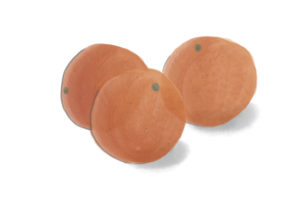
“We didn’t have a choice,” he says of that escape in the night. “There was no way to get in or out (of the country) legally. We went into the ocean and looked at the sun and the stars to guide us south of Vietnam.”
When Thai begins to tell the story of how he came to America, the emotions still linger. He is afraid he might cry.
A Time of War
Thai and his family lived for years in rural and urban South Vietnam after the communist invasion. In his last year of medical school, when he left everything behind, he knew it was time to start over. After spending 16 months in the camp, his U.S. immigration paperwork was approved, allowing him to stay with an uncle in Pennsylvania.
“I was lucky to be accepted to the United States,” Thai says. “My top priority at that time was to try to support myself and get some money to send home to my family, because the situation at that time was horrible. Every family of four was rationed only 5 kilograms (11 pounds) of rice. No one was spared from starvation and poverty, unless you were connected to the Communist Party.”
He found a job in a nursing home as a nurse’s aide, working 3 p.m. to 1 a.m., making $3.90 an hour and taking home about $20 a day after taxes. In the winter, he walked through the snow night after night.
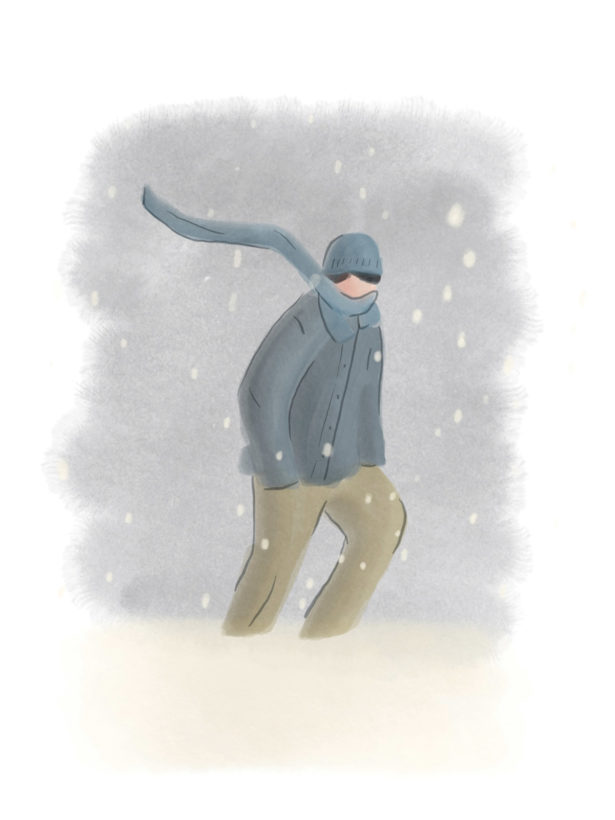
“I wanted to go back to school, but it was very tough for me with my job, particularly with my language skills,” he said. Then he figured out a better way. A job as a busboy at a restaurant and yard work meant he could make the same money and have time during the day to study.
He passed the equivalency test for foreign medical graduates in 1983 but did not feel ready to continue his education or his career. “At the time, I still felt I wasn’t ready to practice, especially due to my lack of proficiency in English and clinical experience,” he says. “I ultimately decided I wanted to start from the beginning.” Thai wrote to different universities and was accepted to then-Memphis State University, now the University of Memphis.
Again, he ventured out alone. “I was just all by myself,” he says. He drove to Tennessee, sleeping at night in his car to save money.
That trip to Tennessee set him on a new course that would again change his life for the better.
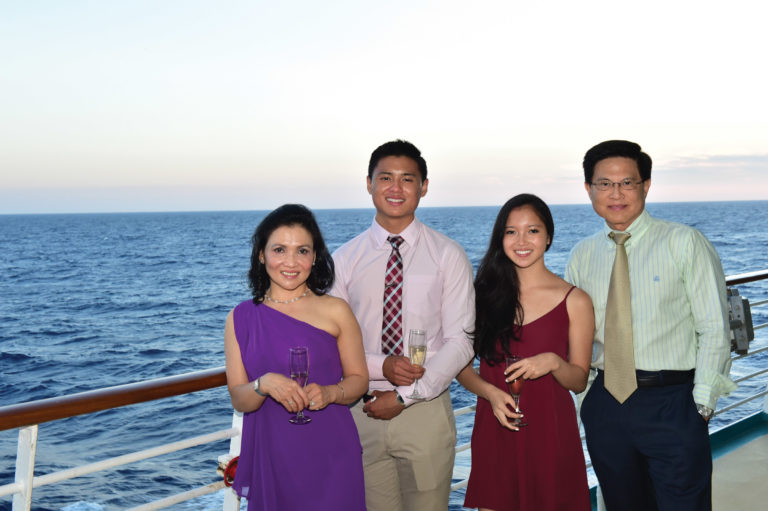
Another Nighttime Escape
Three years before Thai fled Vietnam, 13-year-old Tin Huynh, her younger brother and an older sister escaped the country on a small fishing boat packed with 40 people. They drifted on the ocean for 21 days without food or water.
“I thought maybe it would have been better if we had died at that moment than if we survived,” that girl, now 54, recalls. “In my mind, I had had the world all upside down. At the end of the day, everybody dies, so I didn’t mind at the time. There was just no hope for me.”
Hope arrived when the tiny boat hit an Indian shipping vessel stranded in the ocean. Again, strangers offered aid. “They saved us; they give us soup,” she said. She and her siblings were taken to a camp in Japan, where she stayed more than three years before being allowed to join relatives in Memphis.
“I honestly think God helped us a lot,” she says.
Two Stories Meet
Memphis is where the two lives converge by chance. Destiny, Thai says.
On his first day at Memphis State, the young man who had navigated his way from Vietnam was lost. He wondered how he could get home. Then he saw a pretty Vietnamese woman.
Huynh offered directions, and the two became friends, helping each other get through their undergraduate degrees. Then, with undergraduate degrees in hand, they applied to the University of Tennessee Health Science Center.
Having seen the ravages of the long war in Vietnam, both wanted a career in some form of health care. “I only tried with UT,” he says.
“I knew at UTHSC I was going to get the education and clinical experience I needed to provide the care I envisioned for my patients. And, honestly, I had enough money to apply to only one school. If they didn’t accept me, I would have tried again in another year to bring up my entrance score or something and stay there.”
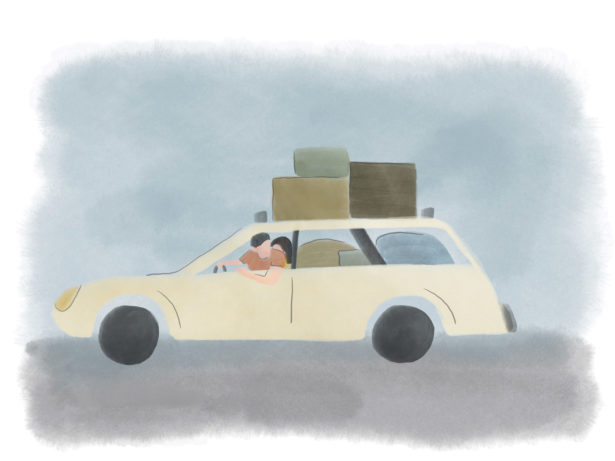
They both were accepted to UTHSC in the same year, 1987. Loans and scholarships were a major help. They both graduated in 1991, he with a medical degree and she with a doctor of pharmacy degree. She had planned on nursing, but she is petite, and he suggested she might be better suited physically to a career in pharmacy.
“And then we married one day after we graduated,” he says. Three days later, the new couple packed the car and headed to his residency at the University of California, San Francisco.
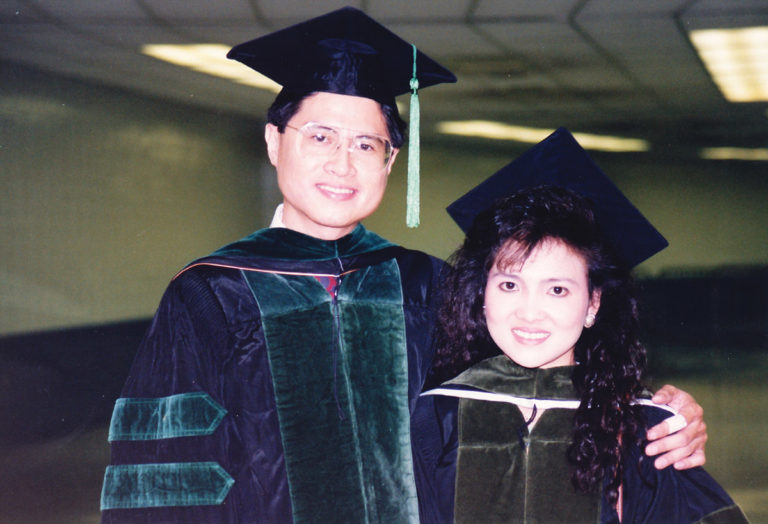
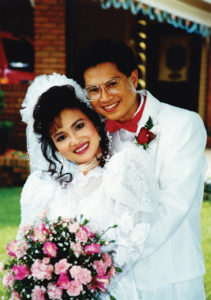
“I’m honestly very lucky, and I genuinely appreciate the opportunities that are only available in the USA,” Thai says. He has been a family medicine solo practitioner for 24 years. Hyunh, who goes by Tina, thanks to one of her professors back in the day, is a partner in Bascom Pharmacy, which specializes in drugs for Hepatitis B and C, certain cancer drugs, and working with physicians and patients to aid in paperwork and medication adherence. They practice primarily in the large Vietnamese community in San Jose, where many residents have histories similar to theirs.
What initially was a solo journey became a team effort. “You have to keep going,” Huynh said. “You have to be strong, even when it seems impossible.”
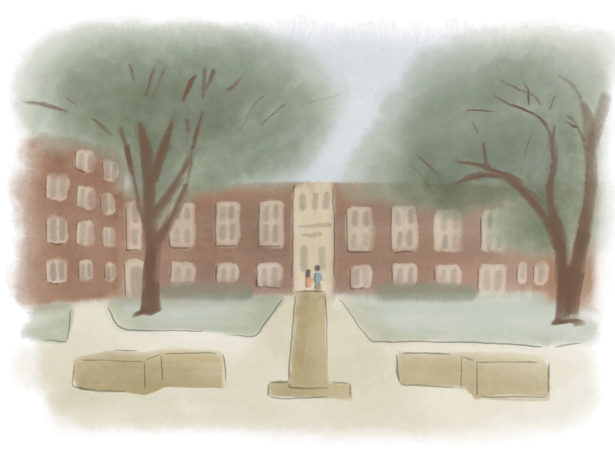
Giving Back
Through the struggles and hardships Thai and his wife have endured, he hopes he can positively influence and encourage others to work hard and understand that, by doing so, “opportunity will come.”
The couple has established the Thai/Huynh Family Endowed Scholarship for UTHSC students, which was awarded for the first time during the 2019-2019 academic year. They also have committed to a significant estate gift which, once realized, will grow their family scholarship endowment.
“I still consider UT my second family, and the USA is my second motherland,” Thai says. “I believe it is our duty to pay back to the community, especially UT, because they gave my wife and me a second chance in life.”
They have tried to instill in their children their message of opportunity born through hard work.“We came here without knowing any English, without money, without relatives, and we worked hard to get to where we are today in life,” Thai says. “And now, because they were born here, they have all of these opportunities available to them to succeed. There is no excuse as to why no one can’t make it in America. It’s about how badly you want it and what you are willing to do to achieve your dream.”
